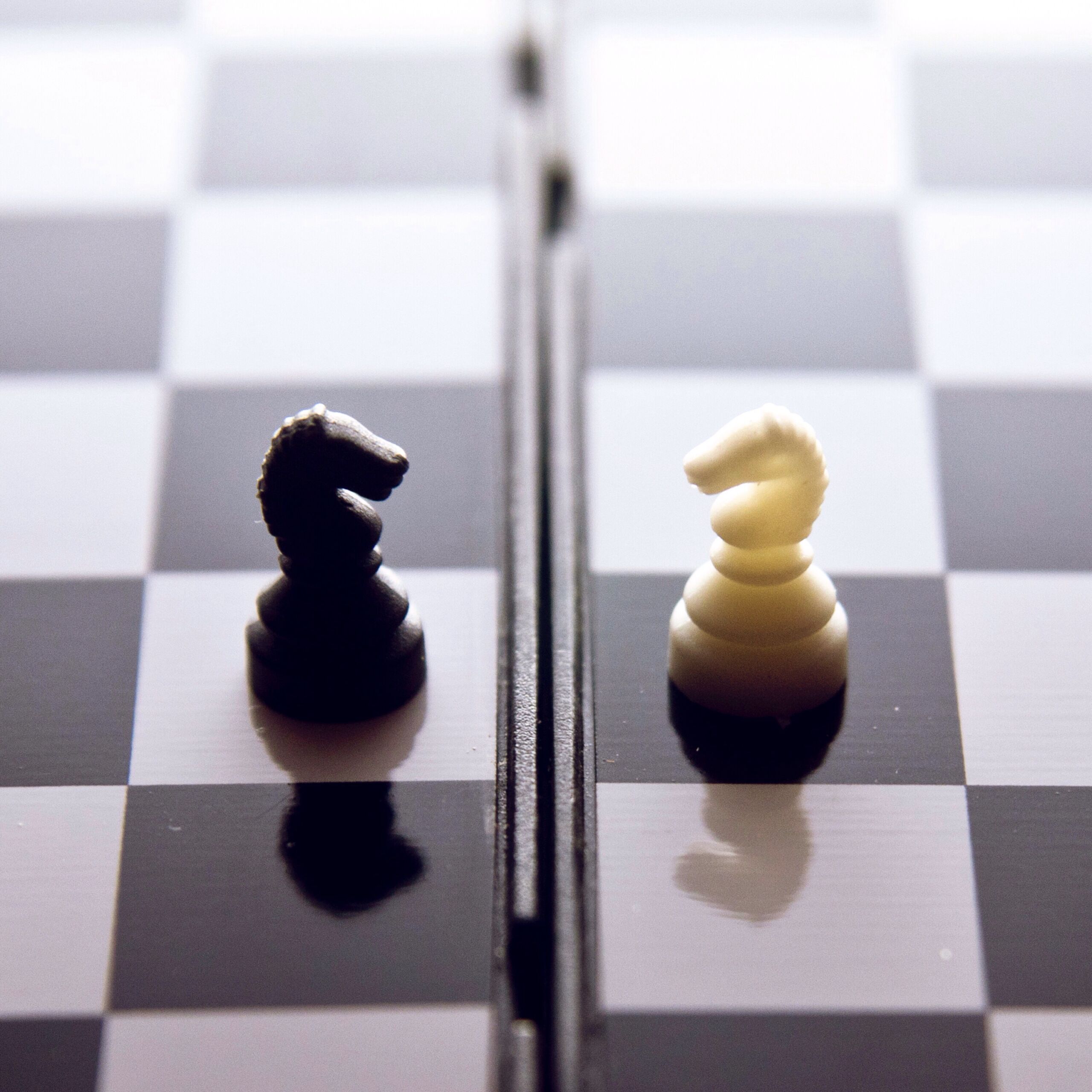
Abuse and Mental Health: The Common Connection
by- Amanda Hildreth
Abuse is common in relationships but isn’t only limited to romantic relationships. It can also come in the form of relationships with family, friendships, or interactions with strangers.
The common assumption is that abuse is caused by a mental health diagnosis such as depression, anxiety, bipolar disorder, PTSD, borderline personality disorder, etc. These are serious mental health conditions; however, they do not cause abuse. However, a few diagnoses can increase the risk of abusive patterns in relationships and other areas of life (The National Domestic Violence Hotline, 2023).
Which Diagnoses Lead to Violent Behavior and Abuse?
Occasionally, mental health symptoms can lead a person to violence. These diagnoses include ( DeAngelis, T., 2021):
- Persecutory Delusions: For people with psychotic disorders like schizophrenia, studies show that some of the symptoms can lead to violence. These include persecutory delusions, such as when a patient thinks people are constantly out to get them or another grand delusion. Another symptom is “command hallucinations” when someone hears voices that order them to be violent with someone.
- Grandiosity, Grandiose Delusions, And Mania: Grandiosity can play a role in violence and aggression. People can be overtaken by an exaggerated sense of power, preventing them from empathizing with others and creating a sense of entitlement, including the right to take advantage of others. The high energy that comes with mania can also lead to violence.
- Antisocial Personality Traits: A diagnosis of antisocial personality disorder characterized by deceitfulness, manipulation of others for personal gain, and disregard for others can lead to violence.
Abusive Behavior and Mental Illness Are Separate
Due to abusive behaviors primarily occurring in intimate relationships, it is common that an abusive person won’t show their negative behaviors with coworkers, family members, or friends. The abuser often wears a mask for the rest of the world, while the Victim is the only person to see this behavior. This can be isolating for the Victim because they believe no one else will believe them because they haven’t witnessed these behaviors (The National Domestic Violence Hotline, 2023).
Abuse and mental illness can occur simultaneously. There are cases of people who have mental illness and are abusive to their partners. There are also cases of those who have mental illness and are healthy partners (The National Domestic Violence Hotline, 2023).
If your partner has a mental illness and is abusive, it is important to remember that the mental illness and abusive behaviors must be taken care of separately. The abusive partner is responsible for creating their own plan for managing their abusive behavior and mental illness.
If your partner isn’t owning up to their actions and is not seeking help, that may be a sign your partner is unwilling to change. In these cases, the abuse in the relationship may continue and escalates over time.
The following questions can help you identify whether your partner is just abusive or has abusive behavior with mental health issues (The National Domestic Violence Hotline, 2023):
- Does the partner yell or scream at others outside the relationship, such as coworkers, family members, etc.?
- Does the partner make others check in to see who they are with and where they are?
- Does the partner physically abuse others outside of the relationship?
- Does the partner verbally abuse or minimize others?
- Does the partner make threats to others when they say something they don’t agree with?
If you answered no to most of these questions, your partner is likely abusive without having a mental illness. If you answered yes to most of the questions, then it’s possible your partner is abusive and has a mental illness.
Regardless of whether your partner has a mental health issue, this is never an excuse for abuse. Abuse is a choice someone makes to control a partner. You deserve healthy, supportive, and safe relationships (The National Domestic Violence Hotline, 2023).
Types of Abuse and the Effect They Have on Mental Health
Different types of abuse have different effects on the mental health of victims (Plumptre, E., 2021).
Effects of Physical Abuse
Experiencing Physical Abuse regularly and the stress of expecting abuse, has been linked to stress, PTSD, eating disorders, and more. Physical Abuse can also disrupt sleep patterns and has been linked to insomnia. There is also a link to engaging in substance abuse. Victims of Physical Abuse may find they are restless during daily activities and unable to do much due to fatigue.
Effects of Emotional Abuse
Being around someone whose mood changes dramatically can be mentally taxing. Victims of Emotional Abuse commonly experience anxiety and depression. It also isn’t uncommon for the victim to develop phobias or substance use disorders. In some situations, Emotional Abuse can lead to suicide.
Effects of Sexual Abuse
When a person’s sexual autonomy is taken from them, this can produce adverse reactions in both the body and mind. Being forced into sexual acts can cause feelings of guilt. A victim of Sexual Abuse may find difficulty in holding onto a relationship and struggle with anxiety and depression. Victims may experience PTSD, poor sleep patterns, or sexual dysfunction. In some situations, Sexual Abuse can lead to suicide.
Effects of Financial Abuse
It can be emotionally and mentally taxing when someone withholds money from their partner. Those who experience Financial Abuse may be in a constant state of distress and anxiety over their economic status. These feelings can lead to depression and significantly affect the home by impacting the ability to carry out parental roles.
Victimization of Those With Mental Illnesses
In addition to abuse causing mental health issues, Victims with existing mental illnesses are often victimized (Carroll, H., 2016).
- Rates of victimization among severely mentally ill people are higher than those of the general population. Victimization also occurs more often in people with substance abuse issues.
- A National Crime Victimization Survey found that more than a quarter of patients with chronic mental health issues had been Victims of violent crime in the last year, which is 11 times higher than a member of the general population.
- In another study, patients with severe psychiatric disorders who were also substance abusers had more instances of violent victimization than those with a mental illness and no substance abuse issues. Most of the victimization was related to disorders such as schizophrenia, which can lead people to make poor judgments about whom they can trust.
- In another study, individuals with schizophrenia were tracked for three years. During that time, 34% of them were Victims of rape, assault or robbery. The people victimized were likely to have severe symptoms.
- A survey based on individuals with serious mental illnesses found that 20% of women and 8% of men had been sexually assaulted, and 33% of women and 37% of men had experienced physical violence.
Individuals with serious mental health issues are 11 times more likely to experience violent crime than those without mental illness, and women with serious mental health issues are more at risk than men.
Resources for Mental Health Issues and Abuse
If you or someone you know has a mental illness as a result of abuse, there are ways to get help (U.S. Department of Health and Human Services, 2019).
1. Connect With a Norm Therapist®
A Norm Therapist® can help a victim recover from abuse. Norm Therapy® takes the victim through the process of identifying their abuse, strengths, and weaknesses and provides a solution to prepare them for formalized professional counseling and therapies.
2. Call The 988 Suicide and Crisis Lifeline
Call or text the Suicide And Crisis Lifeline at 988 or use Lifeline Chat on the web for 24-hour confidential support from a trained crisis counselor for someone in emotional distress or a suicide crisis.
3. Veterans Crisis Line
The Veterans Crisis Line is a free solution that connects veterans with a trained counselor 24 hours a day, 7 days a week. The service is available to all veterans or anyone who supports a veteran, even if they aren’t registered with the VA. You can also use the Veterans Crisis Chat online.
4. Substance Abuse and Mental Health Services Administration
Call the helpline at 1-800-662-HELP (4357) to find treatment services in your area. Their website also has an online treatment locator that can be searched by location.
5. Health Resources and Services Administration
HRSA works to improve access to healthcare. The HRSA website has information on affordable healthcare, including health centers with sliding fee scales.
We at Abuse Refuge Org (ARO) are here to support you in your personal healing journey to complete well-being. We bring awareness and education to 21 different types of abuse, including Sexual Abuse, Spousal Abuse, Physical Abuse, Psychological Abuse, Narcissistic Abuse, Financial Abuse, Self Abuse, Elderly Abuse, Isolation Abuse, Child Abuse, Bullying, Cyberbullying, Workplace Abuse, Religious Abuse, Medical Abuse, Food Abuse, Authority Abuse, Educational Abuse, Child Sexual Exploitation, Sex Trafficking, and Political Abuse and help others heal and find peace. Please support our efforts by going to GoARO.org to learn how you can make an impact on the Abuse Care Community and provide life-saving financial assistance with a donation.
Sources
Abuse and mental illness: Is there a connection? The National Domestic Violence Hotline. (2023, July 4). https://www.thehotline.org/resources/abuse-and-mental-illness-is-there-a-connection/#:~:text=Even%20if%20your%20partner%20does,treat%20you%20in%20that%20manner.
DeAngelis, T. (2021, April 1). Mental illness and violence: Debunking myths, addressing realities. Monitor on Psychology. https://www.apa.org/monitor/2021/04/ce-mental-illness
Plumptre, E. (2021, October 29). Mental health effects of different types of abuse. Verywell Mind. ;
Carroll, H. (2016, June). Victimization and serious mental illness. Treatment Advocacy Center. ;
U.S. Department of Health and Human Services. (2019, August). Help for mental illnesses. National Institute of Mental Health. ;
















